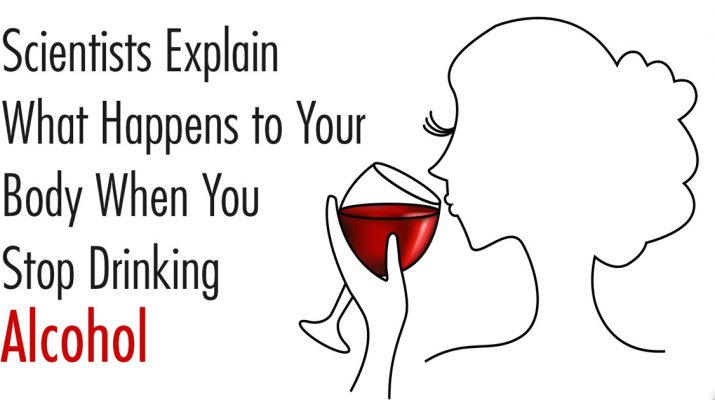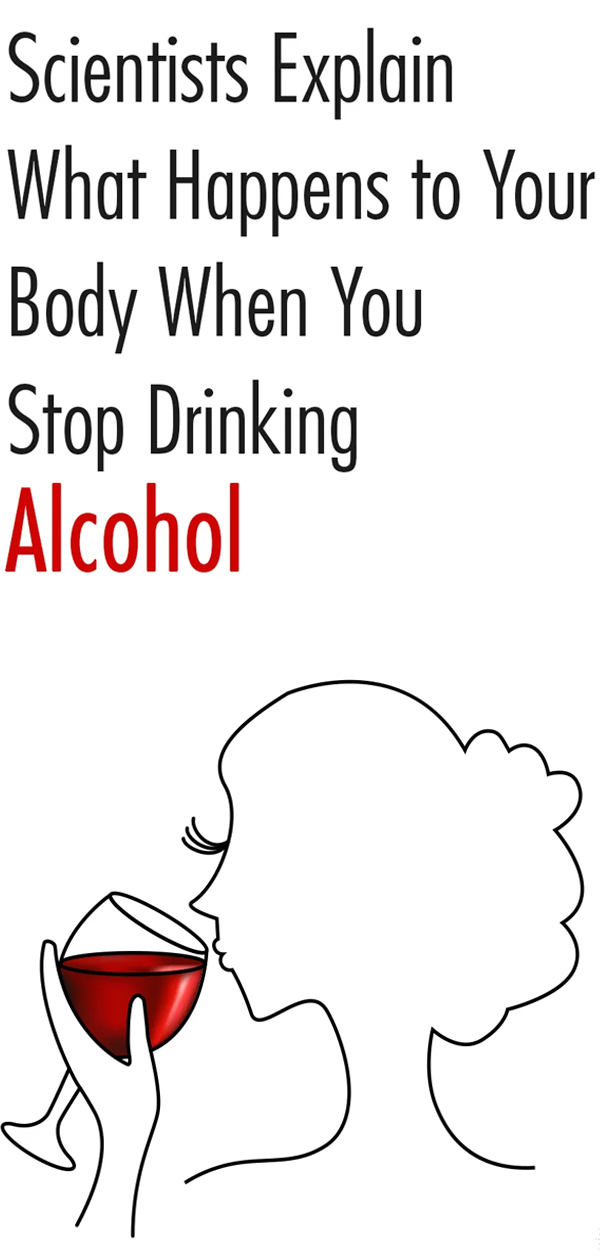“Pick your poison…” When we drink alcohol, our body interprets it as the equivalent of poison.
The reasons are quite simple: alcohol has no nutritional value, and it damages cells. As such, whatever adult beverage we drink is sent to the liver to be broken down into chemicals that can pass through the urinary tract. (Alcohol, in its original form, can not be absorbed by the body.)
What Goes On In Our Body When We Drink?
Alcohol’s impact on the body begins the moment we take our first sip. We get “buzzed” or “drunk” when we’ve had more alcohol than the liver can effectively process. In turn, blood alcohol level rises, which subsequently inhibits our physical and mental abilities.
Here’s a short list of possible effects alcohol has on various parts of the body:
- Central nervous system: poor balance and coordination, lower inhibition, increased propensity for risk-taking, slurred speech, numbness, tingling, damage to the brain’s frontal lobe, memory loss, permanent brain damage, and in the severest cases, coma and death.
- Digestive system: damages the tissues of the digestive tract; prevents the proper absorption of vitamins and nutrients; causes bloating, gassiness, and an upset stomach.
- Dependency: alcohol withdrawal (heavy drinkers); alcohol addiction; symptoms such as anxiety, hypertension, irregular heartbeat, irritability, nausea, and tremors.
- Circulatory system: increased risk of stroke, heart attack, heart disease, and heart failure; high blood pressure; heart palpitations; anemia.
- Immune system: suppressed while drinking heavily; increased risk of pneumonia or tuberculosis.
- Inflammation: chronic liver inflammation, liver disease, cirrhosis (scarring of the liver), liver failure; toxin buildup in the body causing an enhanced inflammatory response.
Other possible complications include blackouts, behavioral changes, bone damage, increased cancer risk, infertility, lung infections, irritable bowel syndrome (IBS), fatigue, muscle cramps, pancreatitis, sexual dysfunction, skeletal and muscle problems, and stomach problems.
What Happens When We Stop Drinking Alcohol?
“Taking a break from drinking alcohol – even if it’s just for a couple of weeks – is a good idea, especially if you’re regularly consuming more than the recommended daily limit.” – Damon Raskin, M.D.
Abstaining from or cutting back on alcohol brings a host of potential health benefits. To begin with, you lessen the risk of developing the conditions and symptoms mentioned above. Your body operates with a naturally resilient ecosystem, which is capable of recovering from much of the harm inflicted by drinking alcohol.
Let’s get a bit more specific on what can happen – both good and bad – when we stop drinking:
1. Acute Withdrawal
While short-term withdrawal is usually no big deal, you still want to be mindful of it. Our body experiences alcohol withdrawal with mental and physical symptoms. These include anxiety, elevated blood pressure, increased heart rate, insomnia, sweating, and slight tremors.
2. Better Sleep
Although alcohol may help you doze off quicker, you actually get less quality sleep. This is because alcohol interferes with our natural circadian rhythm. Just one drink may be enough to interfere with REM sleep, which is necessary for mental and physical restoration. Excess alcohol consumption may also cause the need to urinate during the middle of the night, resulting in less sleep time.
3. Detoxification (“Detox”)
Our bodies can need more than two weeks to rid alcohol from all systems. During this period, the body may still experience one or more of the following symptoms: general anxiety and depression, difficulty sleeping, fatigue, impaired libido, reduced energy levels, and mood swings.
4. Fewer Cravings
Drinkers have more cravings for junk food and fast food. Researchers believe that these cravings increase because drinking alcohol heightens brain activity in the hypothalamus, which is sensitive to the smell of food. They may be right. According to a study published in the American Journal of Nutrition, alcohol is one of the leading catalysts of increased food consumption. Additionally, in a second study, scientists found that women who drank the equivalent of two alcoholic beverages ate 30 percent more food than those who did not.
5. Healthier Skin
Alcohol is a diuretic, so we are more prone to dehydration when we are regularly drinking alcohol. When the body is dehydrated, our skin – which is made up of over 60 percent water – becomes dry. When we cease drinking, our body’s diuretic hormones kick back into gear, rehydrating the skin and restoring its natural appearance. Symptoms of skin conditions such as dandruff, eczema, and psoriasis may also get better when we lay off the bottle.
6. WEIGHT LOSS
Alcohol has no nutritional value, yet most alcoholic drinks contain calories. Depending on how frequently you imbibe and your beverage of choice, you could be consuming an unnecessary 300 to 500 empty calories, possibly more. Beer and sweetened alcoholic drinks (e.g., margaritas) are typically the worst offenders in this regard.
Final Thoughts
“Everything in moderation” is generally considered good advice when it comes to alcohol use. That said, many researchers, scientists, and medical professionals believe that taking a sabbatical from booze may reap serious benefits.
If you have a problem with drinking alcohol and are seeking advice or help, please visit www.recovery.org or call 1-888-809-0699 to connect with a counselor.


